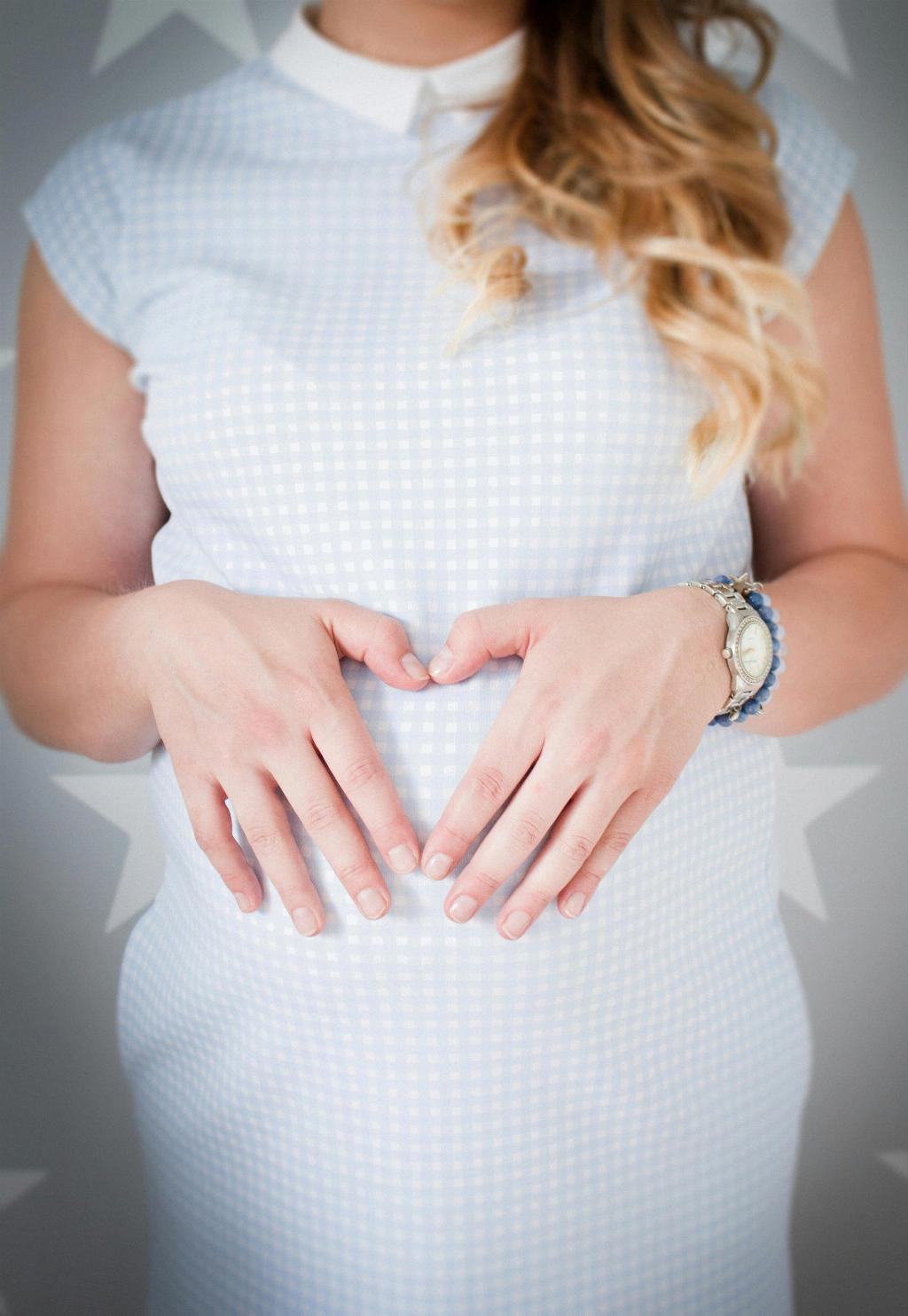When trying to determine the day you conceived based on your Last Menstrual Period (LMP), it’s essential to understand the basics of conception. Conception typically occurs when a sperm fertilizes an egg, resulting in the formation of a zygote. This process usually takes place in the fallopian tubes after ovulation.
Importance of Tracking Your Menstrual Cycle
Tracking your menstrual cycle can be crucial in determining your conception date. The first day of your LMP is considered the start of your menstrual cycle. Ovulation usually occurs about 14 days before your next expected period. This means that conception often happens around the time of ovulation.
Calculating Conception Date from LMP
To estimate the day you conceived based on your LMP, you can add approximately two weeks to the first day of your last period. For example, if your LMP started on the 1st of January, adding two weeks would point to around the 15th of January as a potential conception date.
Factors Affecting Conception Date Accuracy
While calculating your conception date based on your LMP can provide a general idea, it’s essential to remember that various factors can affect the accuracy of this estimation. Not all women have regular 28-day cycles, and ovulation can vary from month to month.
Menstrual Irregularities and Conception Dates
If you have irregular periods or experience fluctuations in your cycle length, determining your conception date solely based on your LMP may be challenging. In such cases, consulting a healthcare provider or using additional methods like ultrasound may be necessary.
Ultrasound and Conception Date Confirmation
Ultrasounds conducted in early pregnancy can provide more accurate insights into your conception date. By measuring the size of the fetus or embryo, healthcare professionals can estimate the gestational age and help pinpoint the likely date of conception.
Timing Intercourse for Conception
Understanding your menstrual cycle and determining the potential date of ovulation can be helpful when trying to conceive. Couples looking to maximize their chances of conception often track ovulation through methods like ovulation predictor kits or monitoring basal body temperature.
Seeking Professional Advice
If you are struggling to determine your conception date or have concerns about fertility, seeking guidance from a fertility specialist or obstetrician can offer valuable insights. These professionals can conduct tests and evaluations to assess your reproductive health.
Considering Additional Fertility Factors
Aside from tracking your menstrual cycle and estimating your conception date, it’s essential to consider other fertility factors that can impact your ability to conceive. Factors like age, overall health, and lifestyle choices play a significant role in fertility.
Emotional Support During Conception Journey
The journey to conception can be emotionally challenging for many individuals and couples. It’s essential to prioritize emotional well-being and seek support from loved ones or mental health professionals if needed. Managing stress and anxiety can positively influence fertility.
Conclusion
In conclusion, while it is possible to estimate your conception date based on your LMP by adding approximately two weeks to the start of your last period, it’s important to consider the individual variations in menstrual cycles and other factors that can influence fertility. Seeking professional advice and support can help navigate the complexities of the conception journey.

